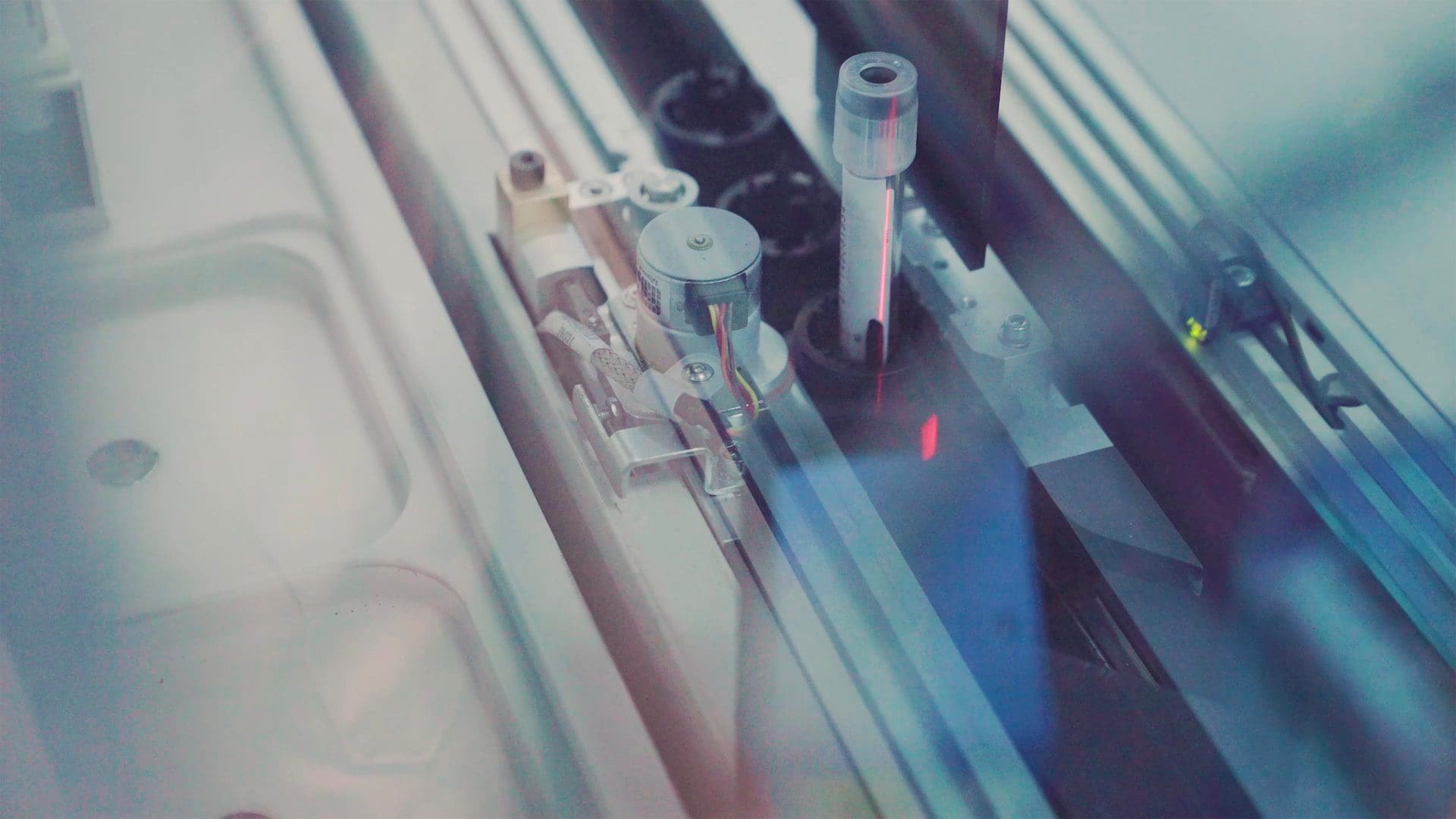By AI Automation Life Daily
See original post here.
The robots are coming for our jobs. Or so some predict about the rise of automation and artificial intelligence. While the doomsday scenarios may be overblown, it’s clear that AI and automation will disrupt the labor market. Productivity and profits may increase for companies, but what about workers? How can society distribute the dividends equitably? One bold proposal is to tie a universal basic income (UBI) to GDP per capita.
Spreading the Wealth in an Automated Future
As AI and automation boost productivity and efficiency, GDP per capita is likely to rise. But these productivity gains tend to disproportionately benefit high-income earners and capital owners. A UBI tied to GDP per capita could ensure the dividends are distributed more evenly.
Let’s say the GDP per capita increased by $5,000 due to automation. That extra $5,000 per person could be redistributed as a UBI.
This would put money directly in people’s pockets, counteracting job losses and income inequality worsened by automation. It would also create a positive feedback loop. With more consumer spending power, demand would rise, stimulating further economic growth.
More Pies in More Ovens
“The robots are baking more economic pies. We just need to put those pies in more ovens,” argues economist Robert Reich. Rather than each worker baking their own pie from scratch, automation allows for more pies to be mass-produced. A UBI would ensure every oven gets a pie, not just the owners of the robotic pie factories.
Exploring Alternative Solutions
One approach could be to implement targeted social safety nets that provide support to individuals and communities most affected by automation. This could involve reskilling programs, job placement assistance, and investments in education and training. By focusing on those most vulnerable to job displacement, we can mitigate the negative consequences of automation without resorting to a universal income guarantee.
Also, instead of relying solely on income redistribution, society could encourage a broader distribution of ownership in AI and automation. This could be achieved through mechanisms such as employee ownership, cooperatives, or community-based investment funds. By giving more individuals a stake in the benefits generated by automation, we can create a more inclusive and equitable society.
Another intriguing player on the scene is Worldcoin, a project introduced by Sam Altman and his team with the ambitious goal of creating a new, universally accessible financial and identification network. Worldcoin combines a privacy-preserving digital identity (World ID) with a digital currency (WLD), gifted to users simply for being human, in regions where laws allow. With Worldcoin, Altman envisions a future where economic opportunity is significantly expanded, a reliable and privacy-preserving distinction between humans and AI is established, and global democratic processes are enabled. This revolutionary project could even pave the way towards an AI-funded UBI, reflecting the increasingly intertwined futures of automation, AI, and global economic systems.
Of course, the details matter greatly but distributing the latest model LLMs and GPUs to society can lead us to a better future.


















